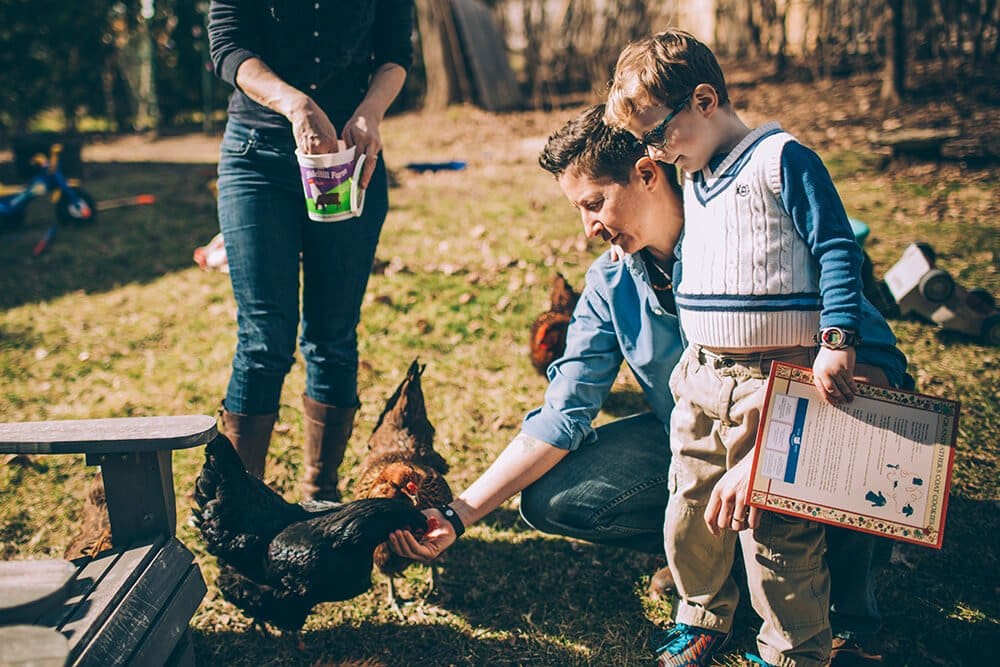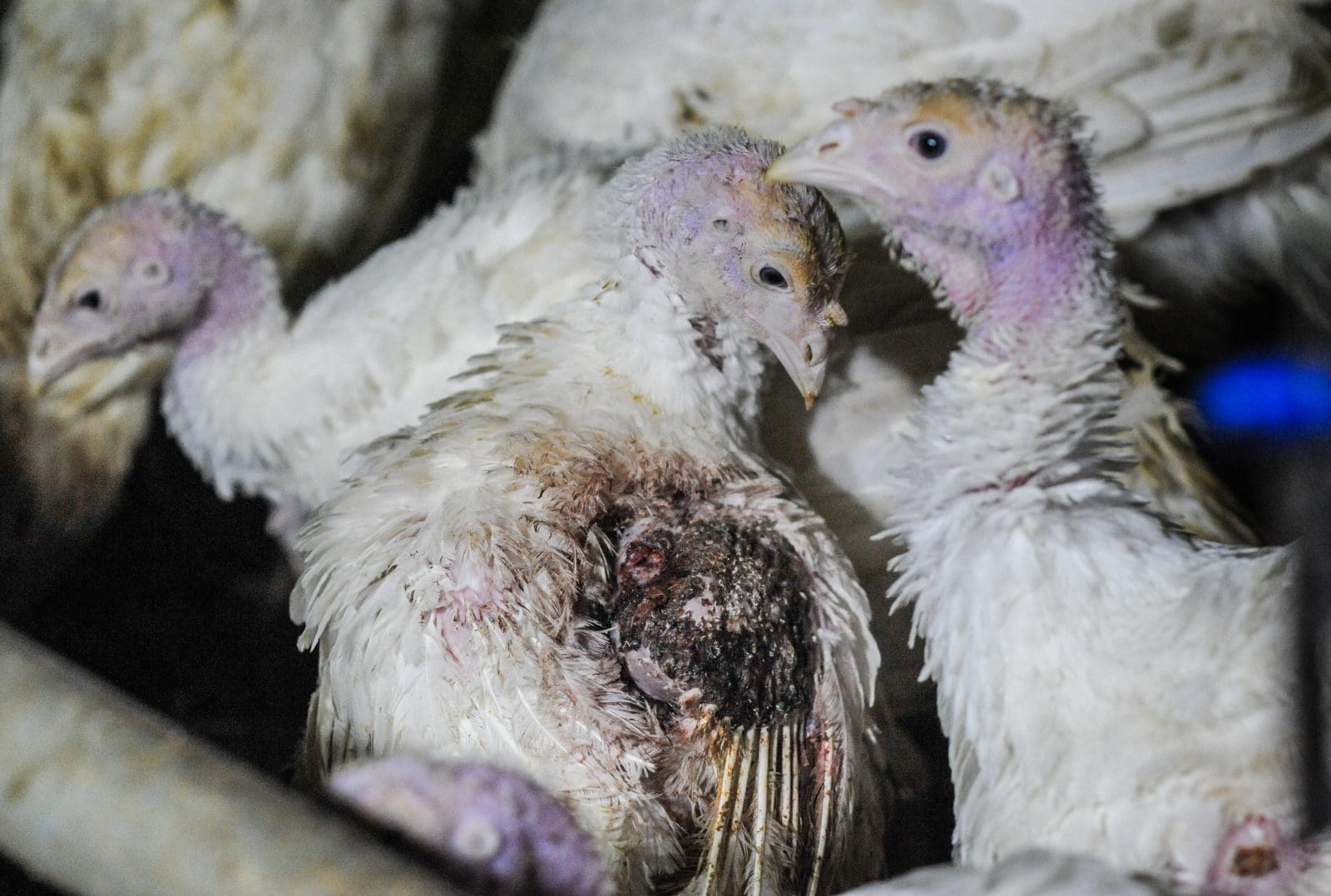Community Action focuses on the power of local efforts to drive meaningful change for animals, people, and the planet. This category highlights how neighborhoods, grassroots groups, and local leaders come together to raise awareness, reduce harm, and promote ethical, sustainable lifestyles within their communities. From hosting plant-based food drives to organizing educational events or supporting cruelty-free businesses, every local initiative contributes to a global movement.
These efforts take many forms—from starting local plant-based food drives and educational events to organizing animal shelter support or advocating for policy change at the municipal level. Through these real-life actions, communities become powerful agents of transformation, showing that when people work together around shared values, they can shift public perceptions and build more compassionate environments for both humans and animals.
Ultimately, community action is about building lasting change from the ground up. It empowers ordinary individuals to become changemakers in their own neighborhoods, proving that meaningful progress doesn’t always start in government halls or global summits—it often begins with a conversation, a shared meal, or a local initiative. Sometimes, the most powerful change begins with listening, connecting, and working alongside others to make our shared spaces more ethical, inclusive, and life-affirming.
Driving Sustainability with Plant-Based Nutrition Education for Healthier Lives and a Greener Planet
As the need to address climate challenges and dwindling resources grows, adopting sustainable practices has never been more pressing. Plant-based nutrition education offers a transformative approach to tackling these issues, empowering individuals to make informed food choices that benefit both their health and the environment. Shifting towards plant-based diets can lower carbon emissions, conserve water and land, and support ecological balance while reducing risks of chronic diseases. This article delves into how plant-based nutrition is driving sustainable living by connecting personal well-being with environmental stewardship, showcasing practical ways education can inspire lasting change for healthier communities and a thriving planet























































